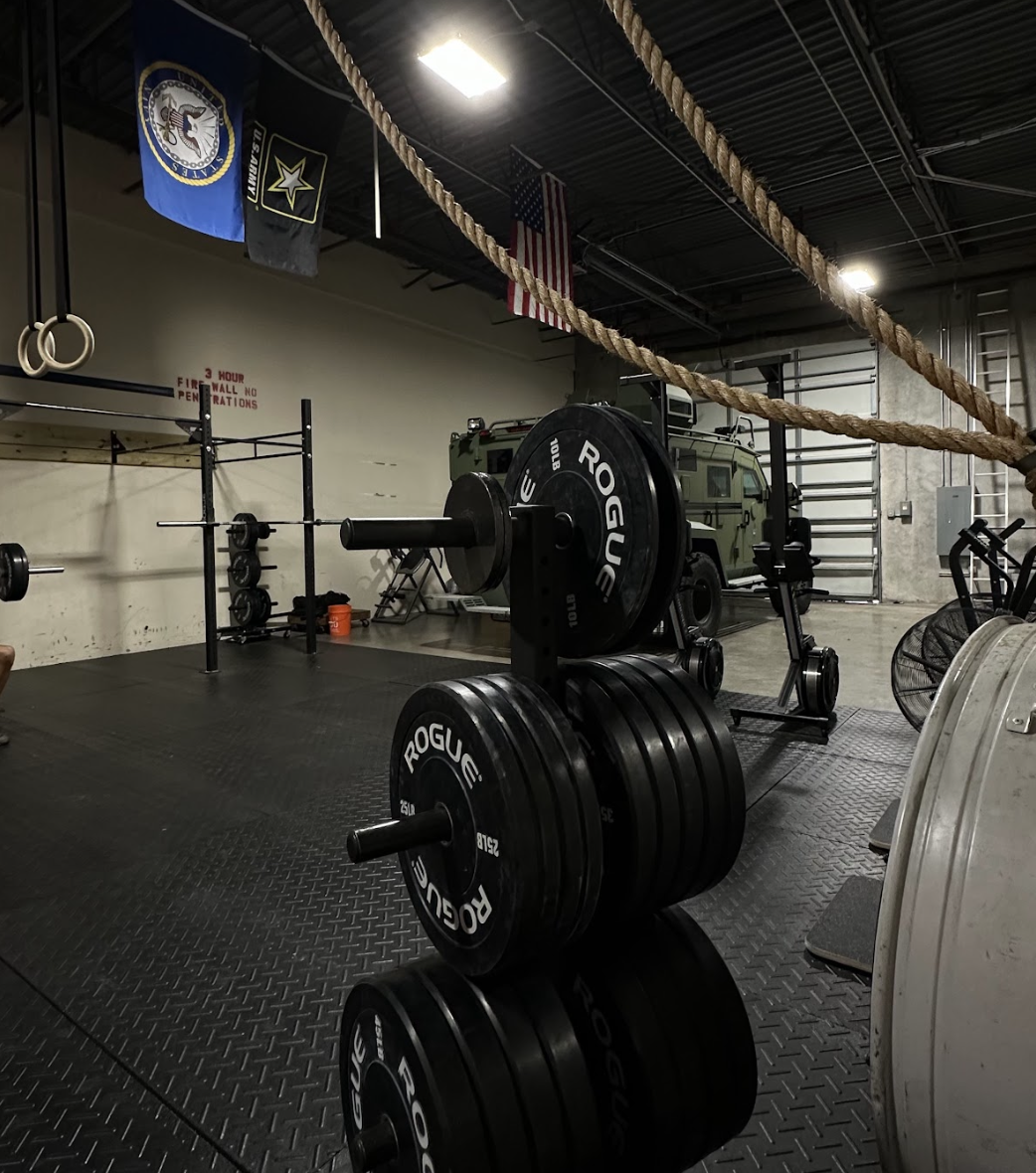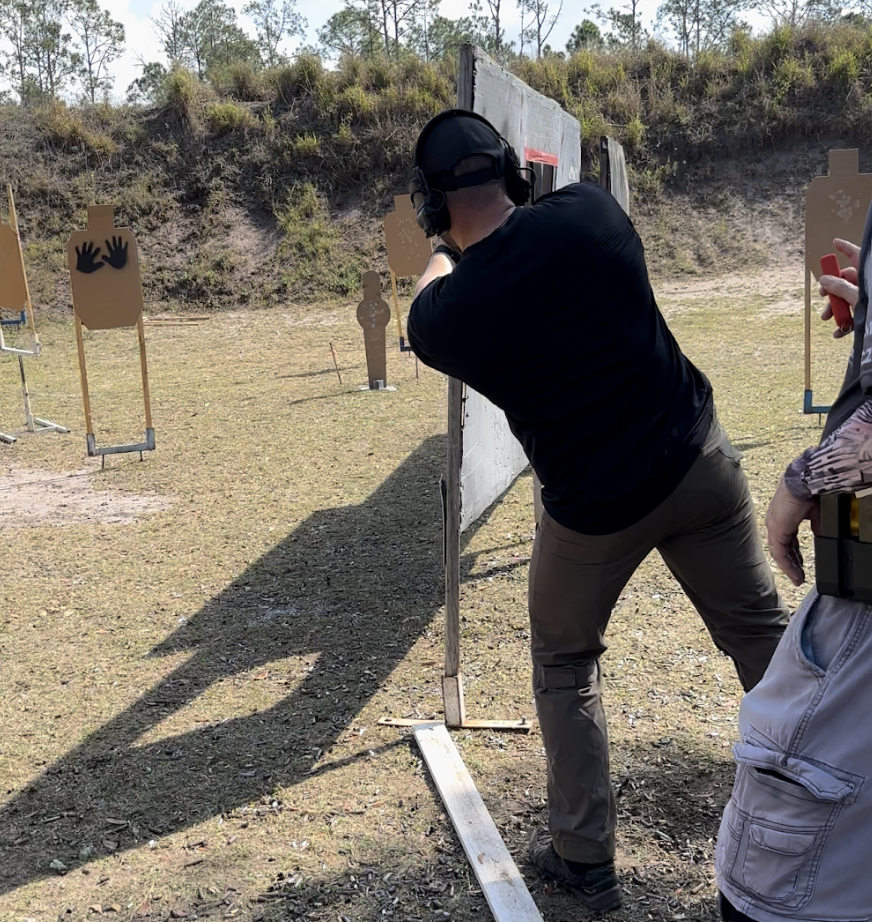6 Stress Management and Well-Being Strategies For LE Personnel
Jun 04, 2023
Law Enforcement personnel face a unique set of stressors on a daily basis, and although these items on the list below seem easy enough, the majority of LE don’t utilize them enough.
The demands of the job, long hours, and the exposure to traumatic events can take a toll on mental and emotional well-being. As a result, it's crucial for police officers to find effective ways to manage stress and maintain good mental (and physical) health.
Here are six strategies that can help:
Exercise Regularly:
Exercise has been shown to be one of the most effective stress-relievers. Engaging in physical activity releases endorphins, which are the body's natural mood boosters. Regular exercise can also improve sleep, boost self-esteem, and reduce symptoms of depression and anxiety.

Seek Support From Coworkers:
The support of colleagues can be invaluable for law enforcement personnel. Talking to coworkers about job-related stressors and sharing experiences can provide a sense of camaraderie and help to reduce feelings of isolation. Joining a peer support group or participating in regular debriefings can also provide a supportive environment for discussing job-related stress.
Have Support Outside of Work:
Although the support of coworkers is helpful and necessary, it is also extremely beneficial to have friends and family OUTSIDE of the job that you don't discuss work with, they don't ask you cop questions, and they actually get your mind off of that stuff for a period of time. Remember: yes, you are a cop - but this is your profession! Doing your best to turn that off in some ways can be helpful for your mental health and wellness, just like any other profession out there.
Practice Mindfulness:
Mindfulness is the practice of being present in the moment and focusing on the sensations, thoughts, and emotions that are happening in the here and now. Regular mindfulness practice has been shown to reduce symptoms of stress and anxiety, improve focus and decision-making, and enhance overall well-being.
View this post on Instagram
Take Breaks:
Taking regular breaks can help reduce stress and prevent burnout. This might include taking a walk outside, reading a book, or engaging in a hobby. Longer breaks from work, such as utilizing your vacation time and personal time, is just as important. Taking breaks can help to recharge the mind and body and prevent feelings of overwhelm from becoming chronic.
Seek Professional Help:
If stress and anxiety become chronic or debilitating, it may be time to seek professional help. Talking to a mental health professional can provide a safe space to discuss job-related stressors and develop useful coping strategies. Law enforcement personnel may also benefit from counseling and therapy, which can help to address the specific challenges of the job and provide tools for managing stress and maintaining mental your mental AND physical health.

Managing stress and preserving mental health is absolutely critical for Law Enforcement Personnel. By incorporating these 6 strategies into daily life, cops can better cope with the demands of the job and improve overall well-being.

